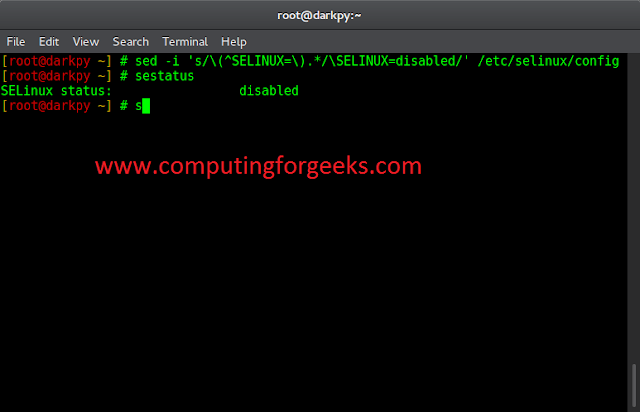The keys() method of ConcurrentHashMap class in Java is used to get the enumeration of the keys present in the hashmap.
Syntax:
Enumeration enu = ConcurrentHashMap.keys()
Parameters: The method does not take any parameters.
Return value: The method returns an enumeration of the keys of the ConcurrentHashMap.
Below programs are used to illustrate the working of the keys() method:
Program 1:
// Java code to illustrate the keys() method import java.util.*;import java.util.concurrent.*; public class ConcurrentHashMapDemo { public static void main(String[] args) { // Creating an empty ConcurrentHashMap ConcurrentHashMap<Integer, String> hash_map = new ConcurrentHashMap<Integer, String>(); // Inserting elements into the map hash_map.put(10, "Geeks"); hash_map.put(15, "4"); hash_map.put(20, "Geeks"); hash_map.put(25, "Welcomes"); hash_map.put(30, "You"); // Displaying the ConcurrentHashMap System.out.println("The Map is: " + hash_map); // Creating an empty enumeration to store Enumeration enu = hash_map.keys(); System.out.println("The enumeration of keys are:"); // Displaying the Enumeration while (enu.hasMoreElements()) { System.out.println(enu.nextElement()); } }} |
The Map is: {20=Geeks, 25=Welcomes, 10=Geeks, 30=You, 15=4}
The enumeration of keys are:
20
25
10
30
15
Program 2:
// Java code to illustrate the keys() method import java.util.*;import java.util.concurrent.*; public class ConcurrentHashMapDemo { public static void main(String[] args) { // Creating an empty ConcurrentHashMap ConcurrentHashMap<String, Integer> hash_map = new ConcurrentHashMap<String, Integer>(); // Inserting elements into the table hash_map.put("Geeks", 10); hash_map.put("4", 15); hash_map.put("Geeks", 20); hash_map.put("Welcomes", 25); hash_map.put("You", 30); // Displaying the ConcurrentHashMap System.out.println("The Map is: " + hash_map); // Creating an empty enumeration to store Enumeration enu = hash_map.keys(); System.out.println("The enumeration of keys are:"); // Displaying the Enumeration while (enu.hasMoreElements()) { System.out.println(enu.nextElement()); } }} |
The Map is: {4=15, Geeks=20, You=30, Welcomes=25}
The enumeration of keys are:
4
Geeks
You
Welcomes




